Current Activities
Integrated Waste Management Landfill

Integrated waste management is based on a hierarchy that starts with the prevention and reduction of waste generation and includes reuse, recycling, energy recovery and disposal processes. In the first stage, less waste is created in production and consumption processes, thus ensuring the protection of natural resources. The introduction of recyclable materials into the economy is compatible with the circular economy and makes waste management sustainable.
In solving waste problems, environmental protection and prevention of pollution caused by wastes stand out as the main elements. Transforming wastes into economic benefit is also targeted. In this respect, Integrated Waste Management is seen as combining waste generation, waste collection and disposal methods with a holistic understanding to achieve environmental benefit, economic optimization and social acceptability goals and selecting and implementing the appropriate method, technology and management program in this direction.
ENERGY




